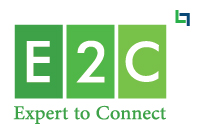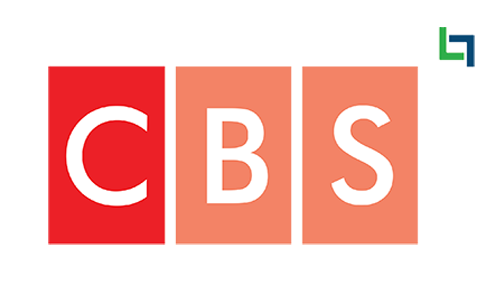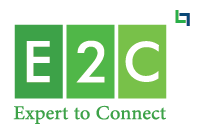(2018), “Auditing with smart contracts”, International Journal of Digital Accounting Research, Vol. (2019), “The forthcoming data ecosystem for business measurement and assurance”, Journal of Emerging Technologies in Accounting, Vol. Portable Document Format (PDF) versions of each of the articles were downloaded and stored in a Mendeley database with full referencing details. This means they are taking blockchain more seriously and that it might be a good idea for you to as well.
- Accountants will not need to be engineers with detailed knowledge of how blockchain works.
- It is a potentially disruptive technology that has begun to have dramatic impacts on the business models and market structures of many industries (Casey and Vigna, 2018), including accounting (Bonsón and Bednárová, 2019; Deloitte, 2016).
- Highly cited articles represent a “corpus of scholarly literature” that can help “develop insights, critical reflections, future research paths and research questions” (Massaro et al., 2016, p. 767).
- In line with McGuigan and Ghio (2019), we argue that accountants will not only have to understand the data on blockchain, they will also have to interpret and explain the implications of this information to management and other decision-makers.
Financial Services
The blockchain database records the data of organizations and individuals across the world. This effectively means that Person A has a copy of all of their information as does Person B, and as does the next person. In a decentralized environment, all participants have access to the same information and users can then choose to share it or not. Information will no longer need to be aggregated and stored in central databases as it will be stored everywhere at once and, if desired, under direct user control rather than the company offering the service. Deloitte celebrates its 175th anniversary in 2020, and audit has undergone multiple sea changes in those years. At each inflection point, it has re-established its vital role in building trust and confidence in the capital markets and in the investing public.
Clarifying the regulatory framework will probably also lead to more ICOs, as initiators will be better prepared and be able to respond to uncertainty in blockchain policy by increasing their voluntary disclosures (Zhang et al., 2021; Gurrea-Martínez and Remolina, 2018). Research on the efficiency and effectiveness of ICOs will be of high interest in the future. The following views regarding the future research trends were framed by the insights in the previous section and reviewing the most representative papers for each topic.
Communities by industry / sector
This helps accounting professionals and organizations automate jobs like payroll and reconciliations.This would save organizations on costs linked to manual entry errors such as administrative expenses. Blockchain technology has the potential to replace the 500-year-old double-entry accounting system. Blockchain distributed ledger technology would popularize the triple-entry accounting system.
Communities by professional specialism
This includes integrating data from a prior period as those data become available (accounting for subsequent events or adjusting for under/over applied overhead are examples). The ability for a double-entry accounting system to make such adjustments is crucial to its utility in the modern world. Blockchain negates this ability, making substantiation less beneficial than promoters claim.
Related articles
In our opinion, it will be important for all the agents in the ecosystem to understand how blockchain provides similar benefits. For example, due to the potential risks of disclosing information, we assume that blockchain will have a more restrictive effect on business entities than non-profit organisations, because non-profits tend not to hold as many commercial secrets. Since blockchain is just such an emerging topic in the accounting literature (Schmitz and Leoni, 2019; Bonsón and Bednárová, 2019; Yu et al., 2018), we decided to add papers not yet published in the accounting journals but uploaded to the SSRN.
Combined with manual analysis, these data will help to chart new paths forward for researchers. At the same time, these innovations can create a favourable organisational climate variable cost ratio that can overcome barriers and resistance to change (Clohessy and Acton, 2019). Future research might therefore investigate the structure of management bodies and the role of top management in blockchain implementation. Currently, regulators monitor the field of cryptoassets on a case-by-case basis, but not to the extent that investors, or would-be-investors, could determine with certainty how cryptoassets may be treated (Smith et al., 2019).


